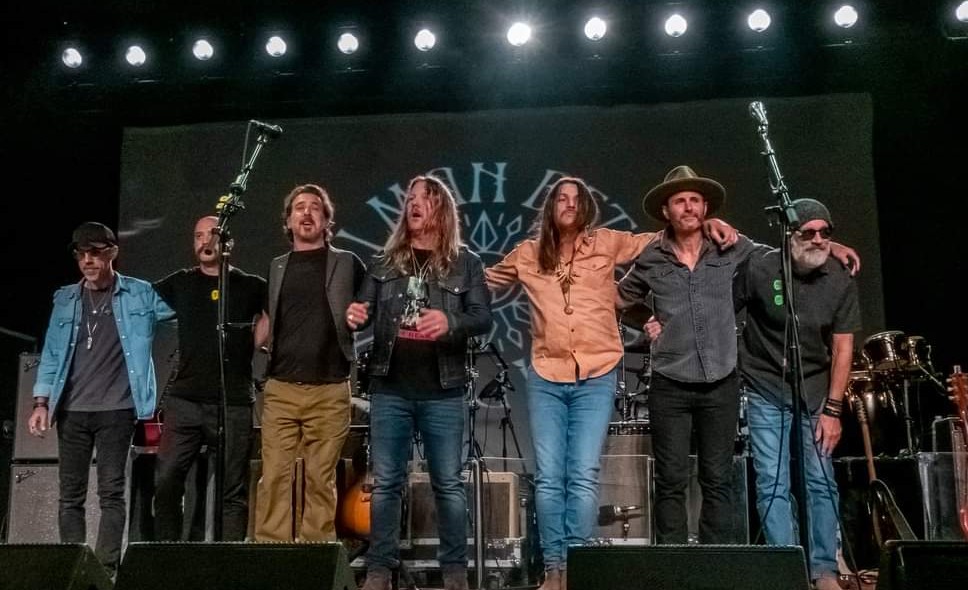
A Tale of Three Cities – Part 1 Following the Allman Betts Band on tour
A Tale of Three Cities
Part 1 Following the Allman Betts Band on tour
By Kirk Anderson
“It was the best of times,
It was the worst of times …”
So starts Charles Dickens’ “A Tale of Two Cities,” a story of a life deprived in lockdown…
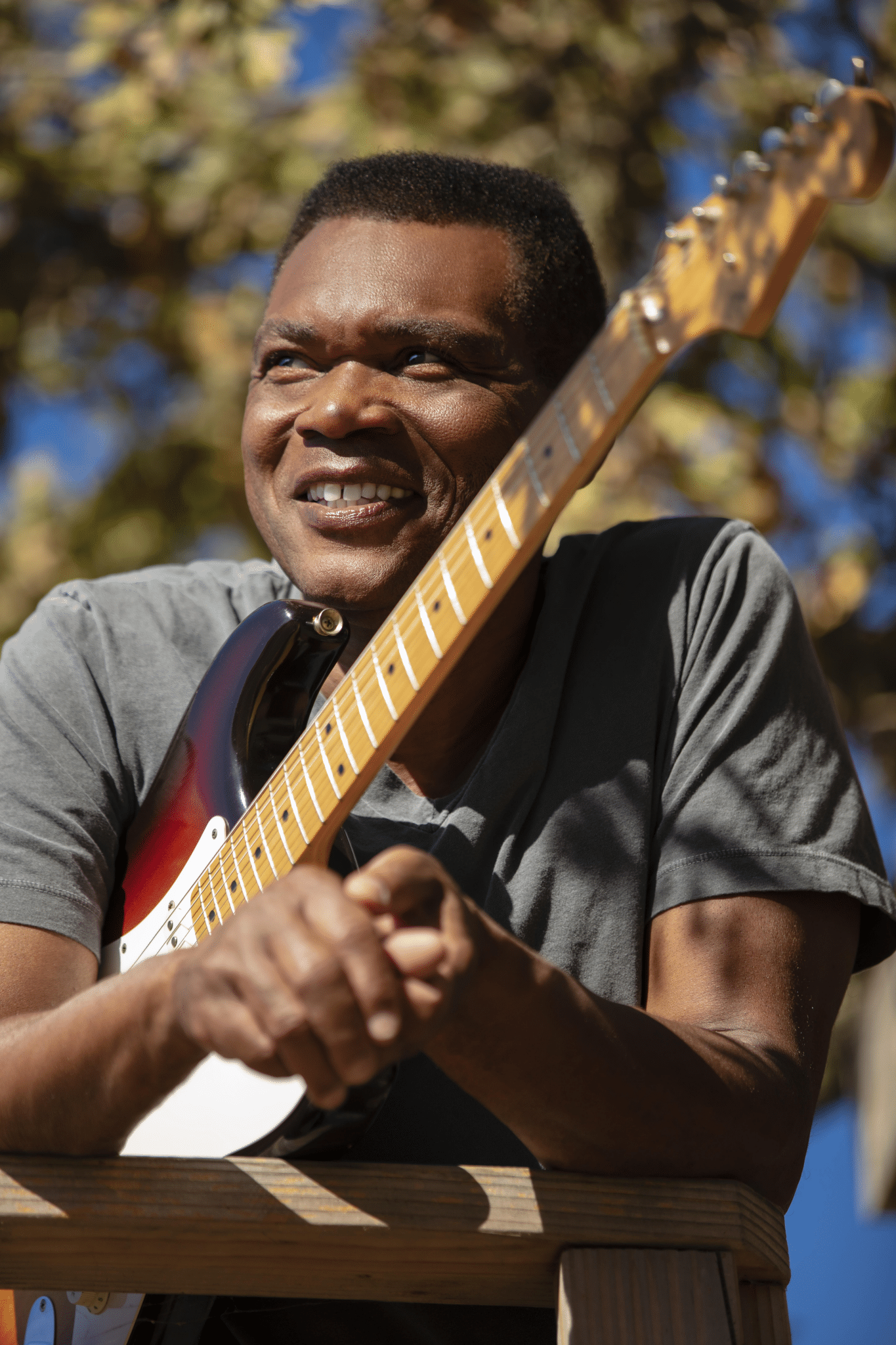
Robert Cray Band – Oct. 15 – Aladdin Theater
Robert Cray Band
Oct. 15 - Aladdin Theater
Interviews with Robert Cray and Dover Weinberg
By Kirk Anderson
The Influence: Born in Clarksdale, Miss., in early 1931, Sam Cooke made the most of his 33 years traversing this Earth. He was on the…

Board Update – October 2021
Board Update - October 2021
By Shelley Garrett
We hope everyone is excited about the projects that the CBA is working on. If you see anything that interests you, please reach out to us at cascadebluesstaff@gmail.com to join a committee!
Each…

Key Events and Save the Dates! October 2021
Key Events and Save the Dates! October 2021
10/3 Triple CD Release Party-Johnny Wheels and the Swamp Donkeys, Sugar Roots & Mick Schafer, The Garages
10/9 Oregon Music Hall of Fame Induction Ceremony and Concert, Aladdin Theater
10/15 The…

Johnny Tucker – feat. Kid Ramos and the Allstars – 75 and Alive
Johnny Tucker
feat. Kid Ramos and the Allstars
75 and Alive
Blue Heart Records and Highjohn Records
Reviewed by John Taylor
Following the 2018 success of Johnny Tucker’s acclaimed, but austere “Seven Day Blues,” his manager, Bob Auerbach,…

Bobby Rush Autobiography- I Ain’t Studdin’ Ya
Bobby Rush Autobiography - I Ain’t Studdin’ Ya
By Randy Murphy
“All bluesmen are optimists,” Bobby Rush explains in his splendid new autobiography I Ain’t Studdin’ Ya.” “You almost gotta be. The next record. The next big gig.…

Elly Wininger – The Blues Never End
Elly Wininger
The Blues Never End
Earwig Music Company
Reviewed by Anni Piper
Lulled into a false sense of security by the innocuous cover art, Wininger had me fooled for the first few minutes of the listening experience. Styling some silver…
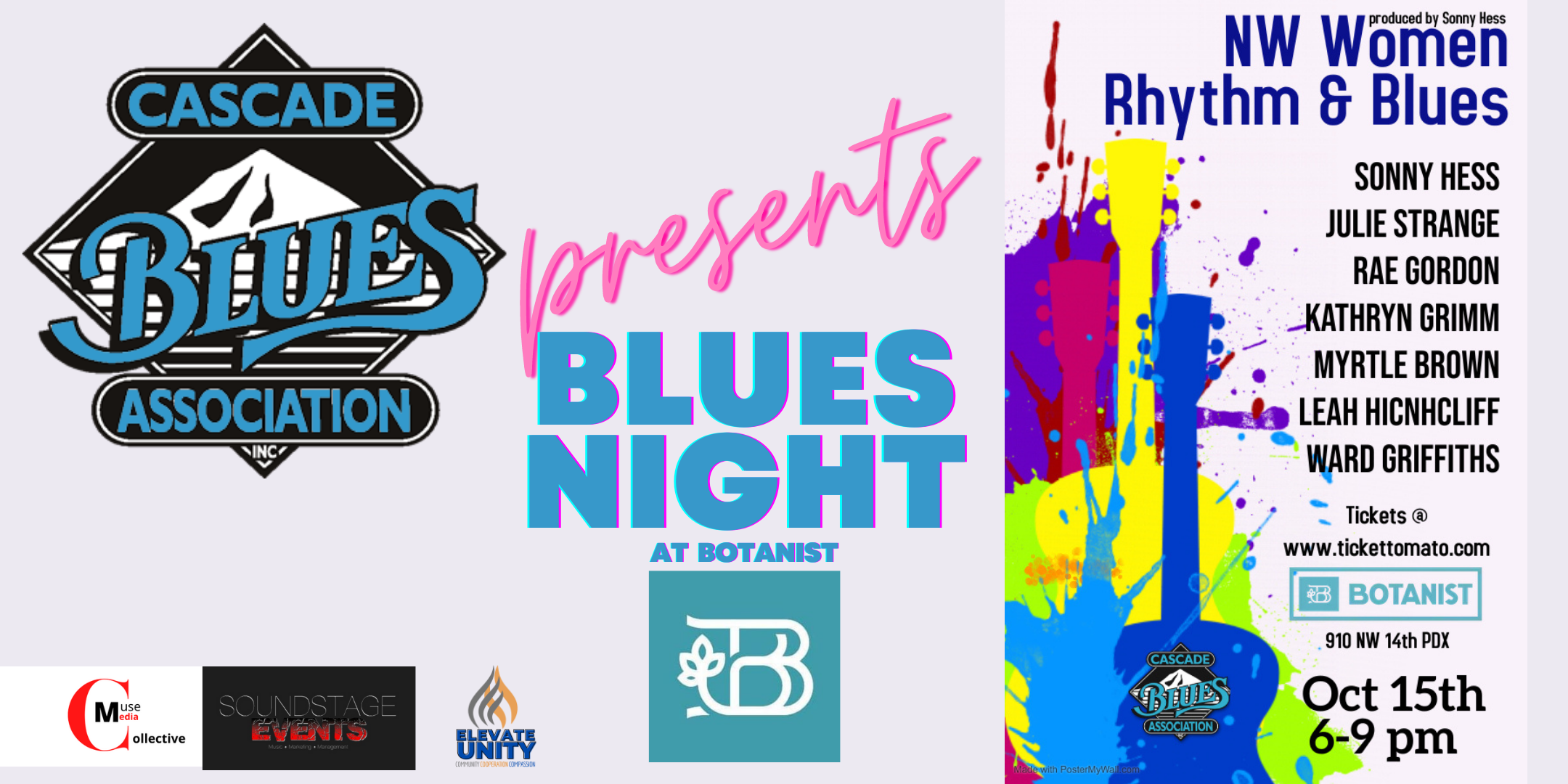
CBA Presents Blues Night – NW Women Rhythm & Blues
CBA Presents Blues Night - NW Women Rhythm & Blues
Produced by Sonny Hess
Part of the Elevate Unity Benefit Series at Lovejoy Rooftop,
the event side of Botanist 910 NW 14th Ave., Portland
NW Women Rhythm & Blues are composed of top…
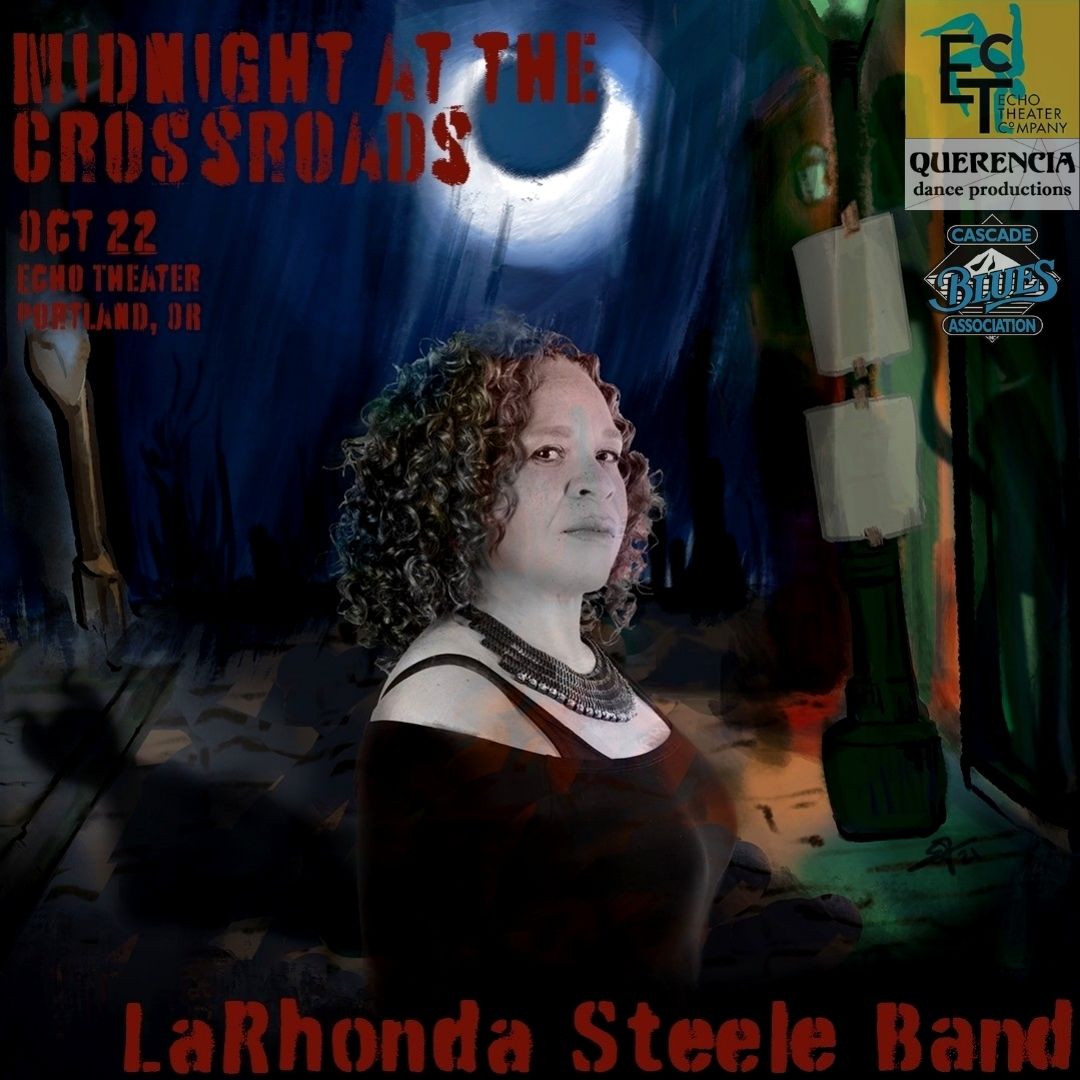
Midnight at the Crossroads – feat. LaRhonda Steele
Midnight at the Crossroads
- feat. LaRhonda Steele
by Marie Walters
The CBA has partnered with Querencia Dance Productions and Echo Theater Company to promote a completely different kind of blues show on Oct. 22. “Midnight at the Crossroads”…
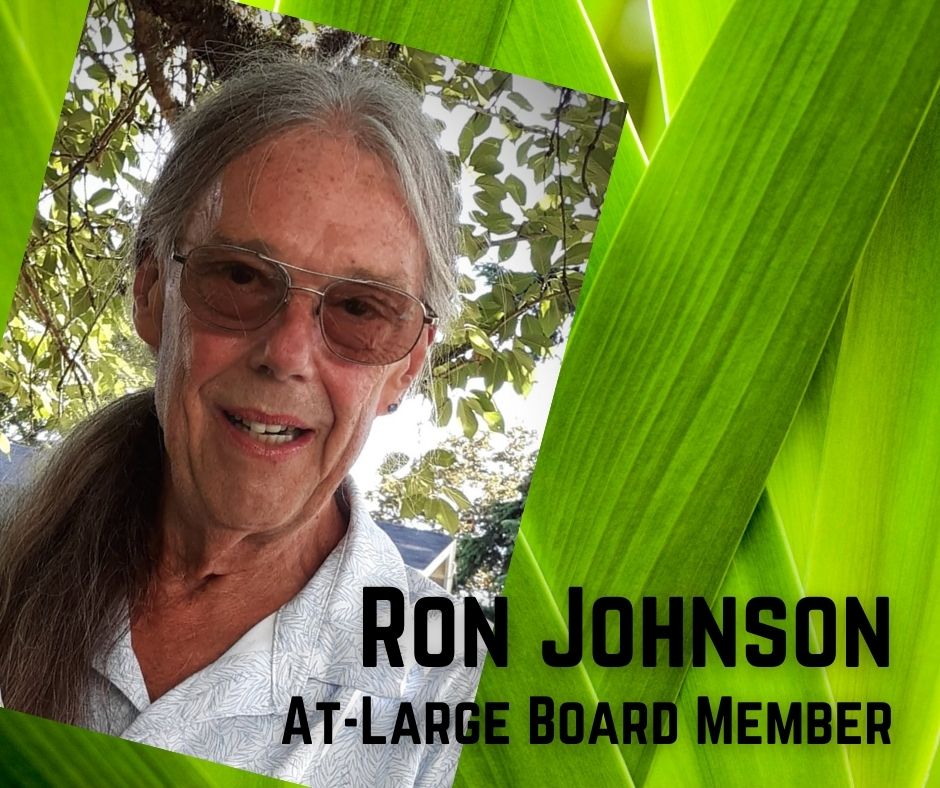
Ron Johnson – CBA at-large board member since 2018
Ron Johnson
CBA at-large board member since 2018
Ron says. “I joined the CBA Board of Directors about three years ago. I joined to see what I could do to help with the future and direction of the CBA -- and out of curiosity about how they…
